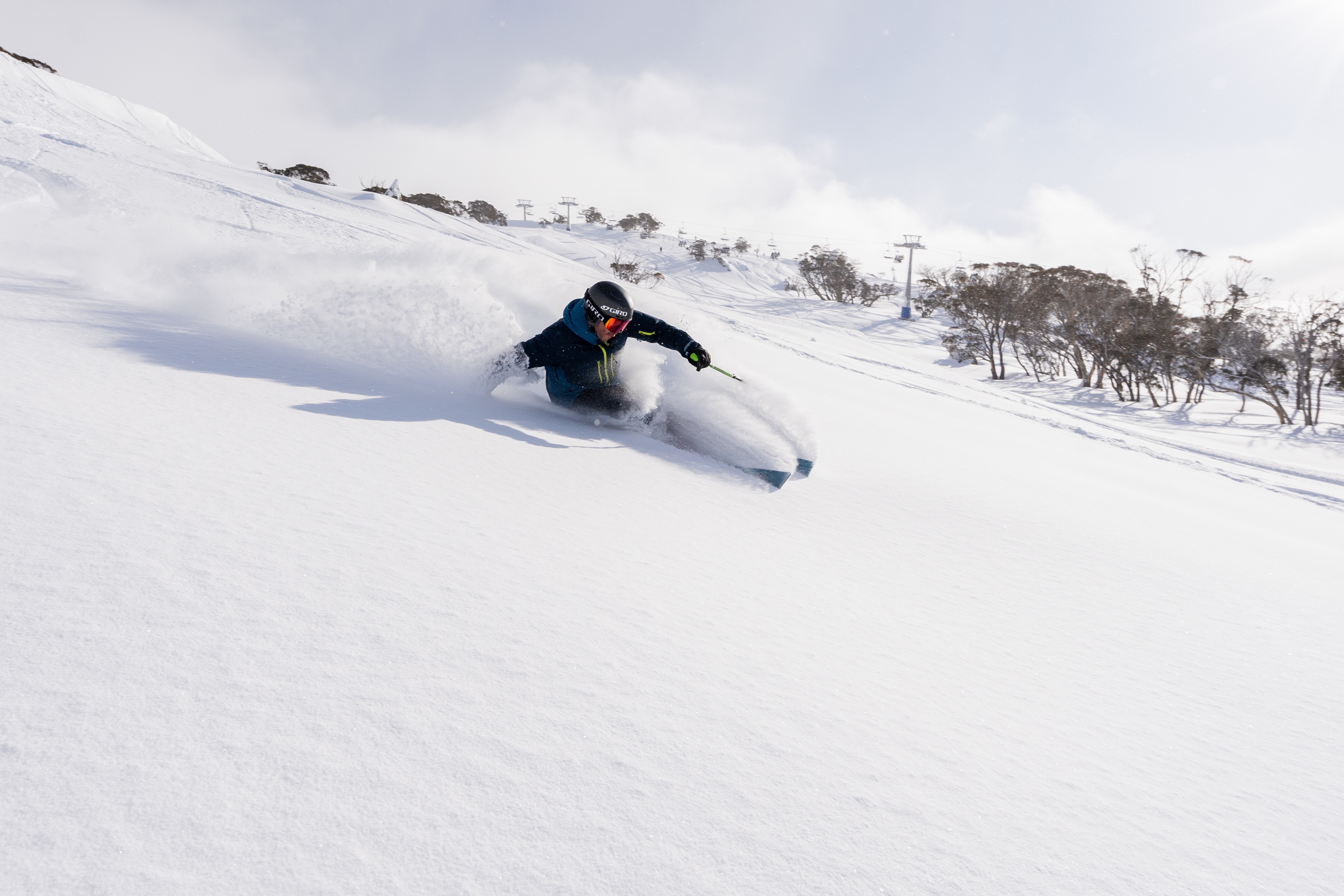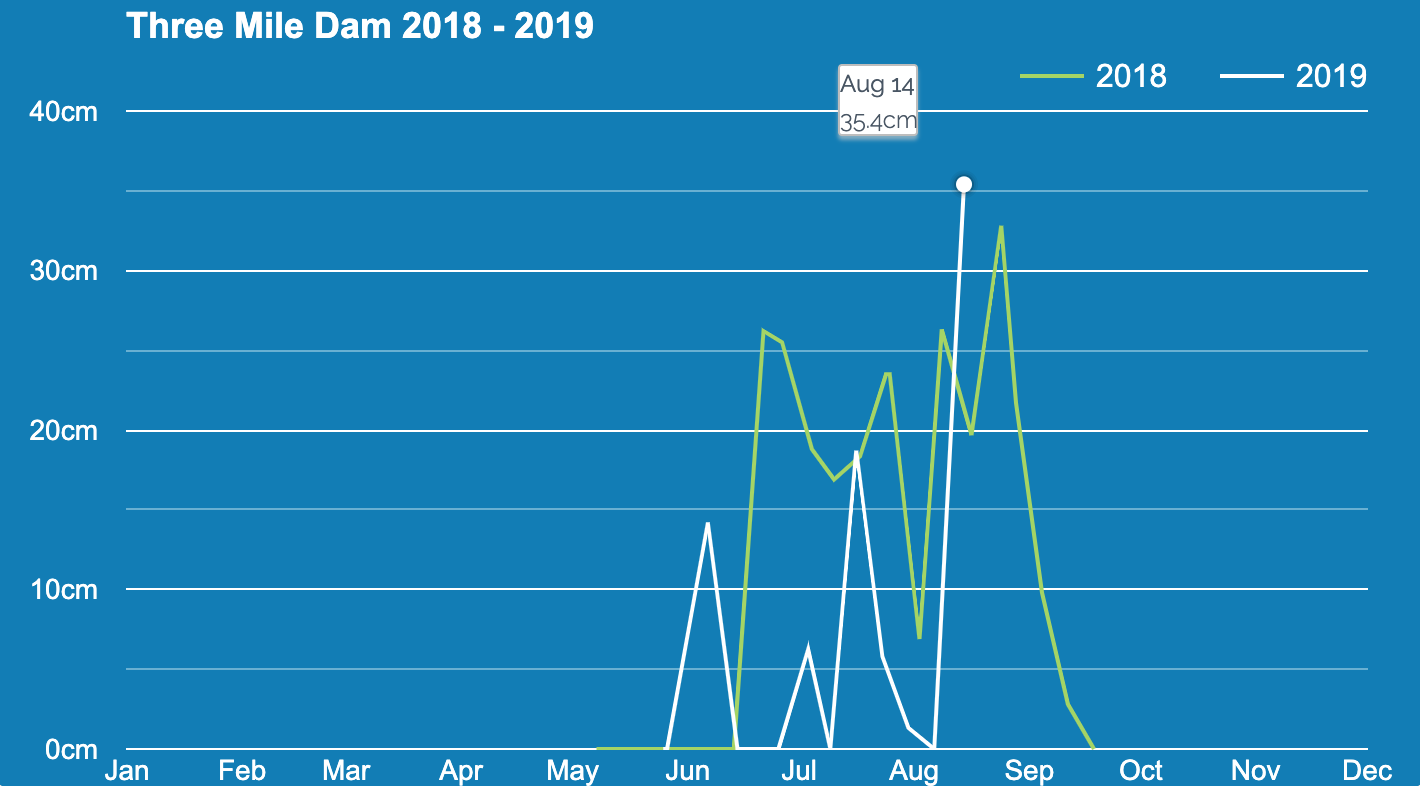Putting last week's alpine snow into a historical context

Snowy Hydro have released their latest natural snow depth measurements for the Snowy Mountains. Now, we can finally see how last week's alpine snow dump compared to big winter storms of the past.
Snowy Hydro have been measuring weekly natural snow depths at three locations the Snowy Mountains of NSW since the 1950's. Their highest measuring site is at Spencers Creek (1,830m elevation) near Charlotte Pass. This has become a yard-stick for monitoring Australia's alpine snow depth during the cooler months of the year. The other two sites are located at Deep Creek (1,620m elevation), to the south of Cabrumurra and Three Mile Dam (1,460m elevation), near Selwyn Snow Resort.
It's worth noting that this week's natural snow depth measurements were taken on Wednesday, while most of last week's snow fell between Thursday and Sunday. This lag will have allowed for some compaction and surface melt, likely reducing the depth of the snowpack.

Image: Skiiing on fresh snow at Perisher Resort on the weekend. Image: Perisher
So, how did last week's polar blast stack up to other big winter storms of the last six decades?
The natural snow depth at Spencers Creek was 202.7cm this week. This is the earliest date for a depth of two metres to be measured at Spencers Creek in 15 years.
It's also an increase of 77.5cm from last week and, impressively, the third weekly increase of more than 70cm so far this season. This is a new record for Spencers Creek. Prior to 2019, there had only ever been two weekly depth increases 70cm or more in any one season, with data available back to 1954.
Last week's snowfalls were also impressive at lower elevations.

Image: Natural snow depth at Three Mile Dam, located at an elevation of 1,460m in NSW. Source: Snowy Hydro
The natural snow depth at Three Mile Dam was 35.4cm on Wednesday, which is up from 0cm in the middle of last week. This is the largest weekly depth increase at the site since 2001.
While there have been some long periods without any significant snow this season, when it has snowed, it's been exceptional in a historical context.